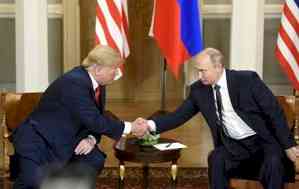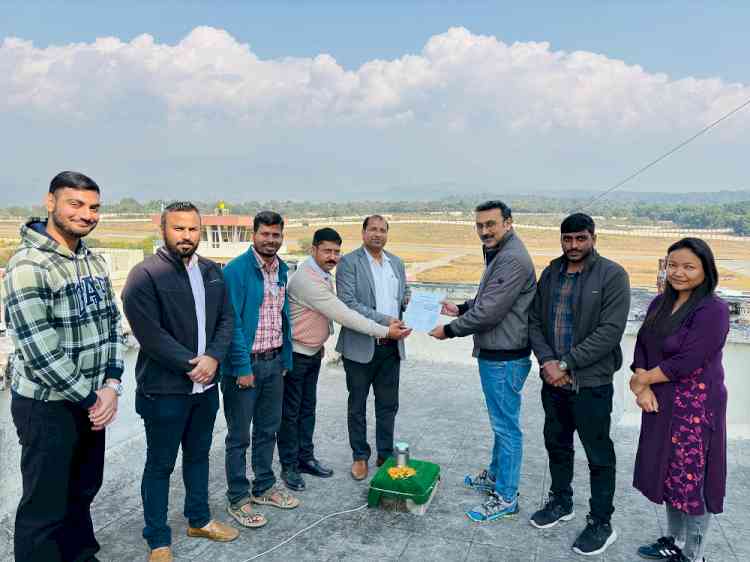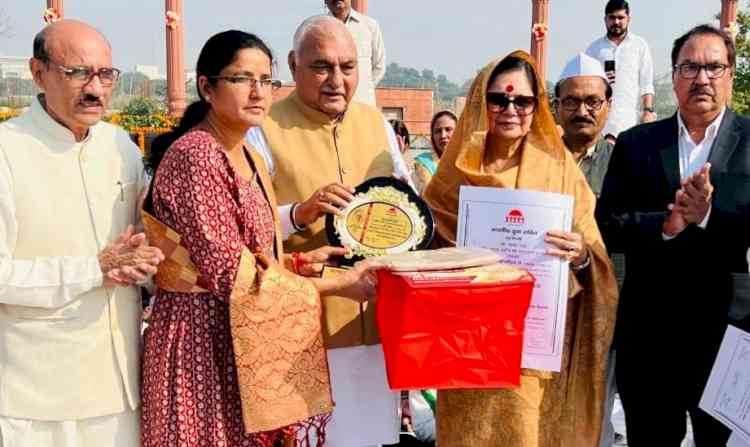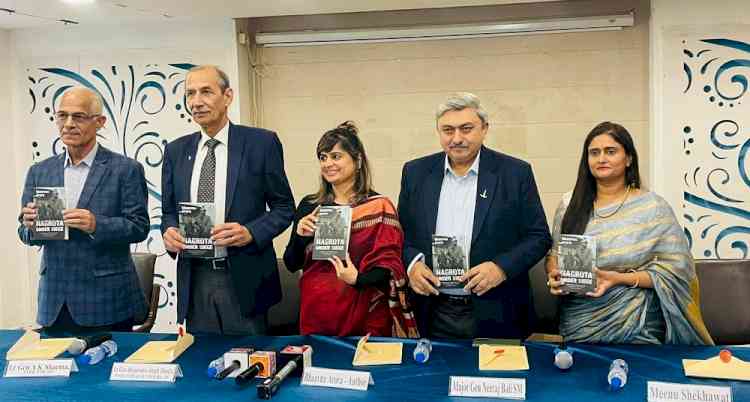SL gets Parliament nod to implement IMF deal that helps a way out of economic crisis
Sri Lanka got the Parliament nod to implement the Extended Fund Facility arrangement of the International Monetary Fund (IMF), a major step to come out of the severe financial crisis the Indian Ocean island nation is going through.
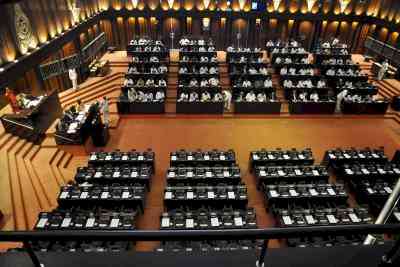
SUSITHA FERNANDO
Colombo, April 28 (IANS) Sri Lanka got the Parliament nod to implement the Extended Fund Facility arrangement of the International Monetary Fund (IMF), a major step to come out of the severe financial crisis the Indian Ocean island nation is going through.
The resolution for the implementation of the arrangement under the EFF of the IMF was passed with 120 votes in favour and 25 against in a vote taken at 225 member parliament.
The country's main opposition Samagi Jana Balawegaya (SJB), the Tamil National Alliance (TNA), the main Tamil representative, and the Sri Lanka Freedom Party headed by former President Maithripala Sirisena voted against the resolution while the other opposition parties walked out and abstained from voting.
The parliamentary approval will strengthen the government's hands in implementing the tough reforms including major tax hikes that are connected to the IMF agreement.
In March this year, the IMF Executive Board approved a 48-month extended arrangement under the EFF facility of 2.286 billion SDR - Special Drawing Rights, which corresponds to about $3 billion to support Sri Lanka's economic policies and reforms.
The IMF announced that the reform program was built on strong policy measures and prioritised key pillars including an ambitious revenue-based fiscal consolidation, which is accompanied by stronger social safety nets, fiscal institutional reforms, and cost recovery-based energy pricing to ensure the state's ability to support all its essential expenditures.
Washington-based UN's major financial agency is also requiring restoration of Sri Lanka's public debt sustainability through a debt restructuring to ensure stable financing of the government's operations, a multi-pronged strategy to restore price stability and rebuild reserves under great exchange rate flexibility in order to alleviate the burden of inflation, particularly on the poor and to foster an environment of investment and growth, and to ensure Sri Lanka's ability to purchase essential goods from abroad.
The programme also demands for structural reforms to address corruption vulnerabilities and enhanced growth and tax reforms ensuring greater contributions from higher income earners.
Following the approval of the IMF bailout package, Sri Lanka started negotiations on debt restructuring with bondholders and creditors.
India, the first country that came to the rescue of her southern neighbour provided nearly $4 billion financial assistance within the first six months of 2022.
G20 Chair India, working closely with two G7 nations, Japan and France, launched a common platform for talks among bilateral creditors to coordinate restructuring of Sri Lanka's debts.
Though invited, China, Sri Lanka's largest bilateral creditor, did not join the process but had promised support.
Beijing, through its Export-Import Bank, had offered Sri Lanka a two-year moratorium on its debt and had assured support to secure the IMF's EFF facility.


 IANS
IANS 
